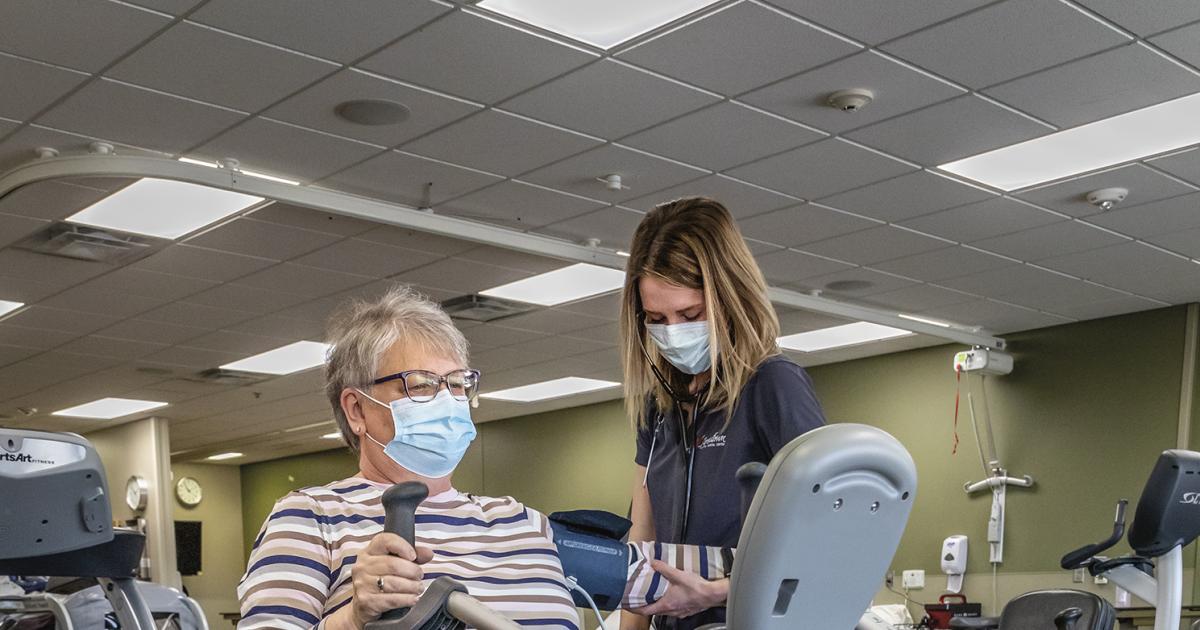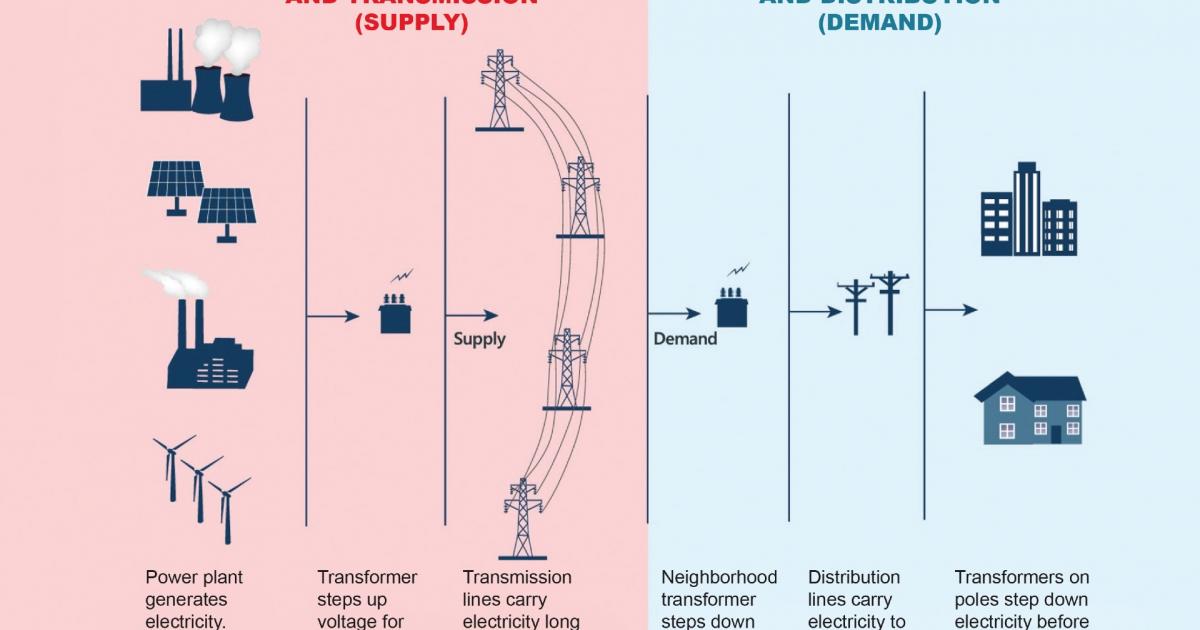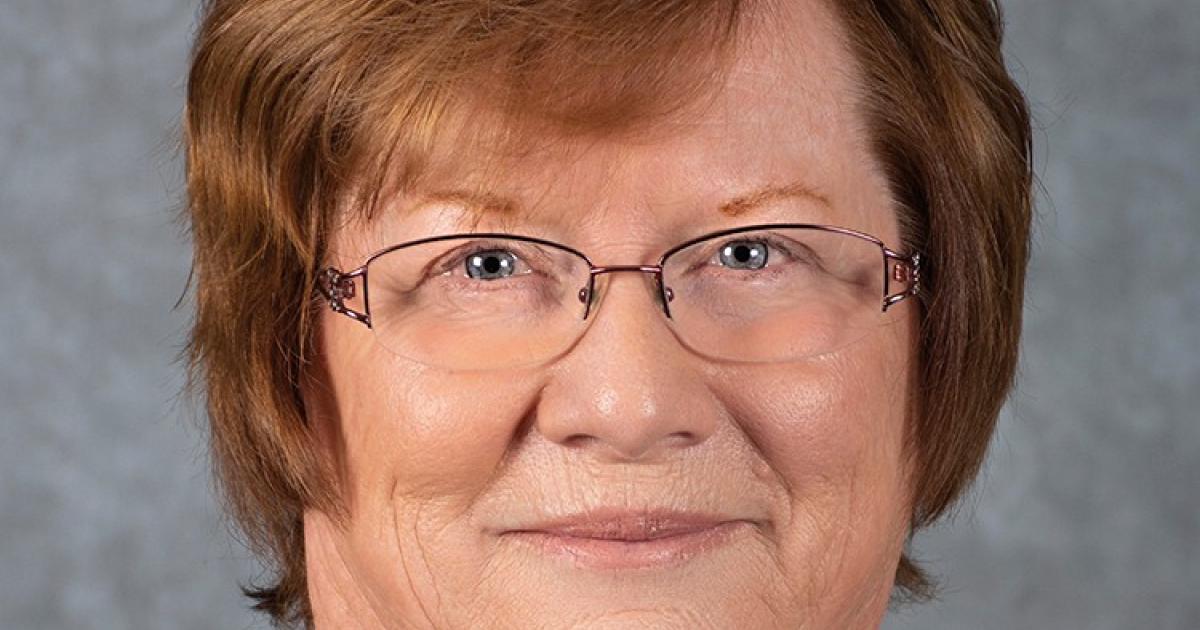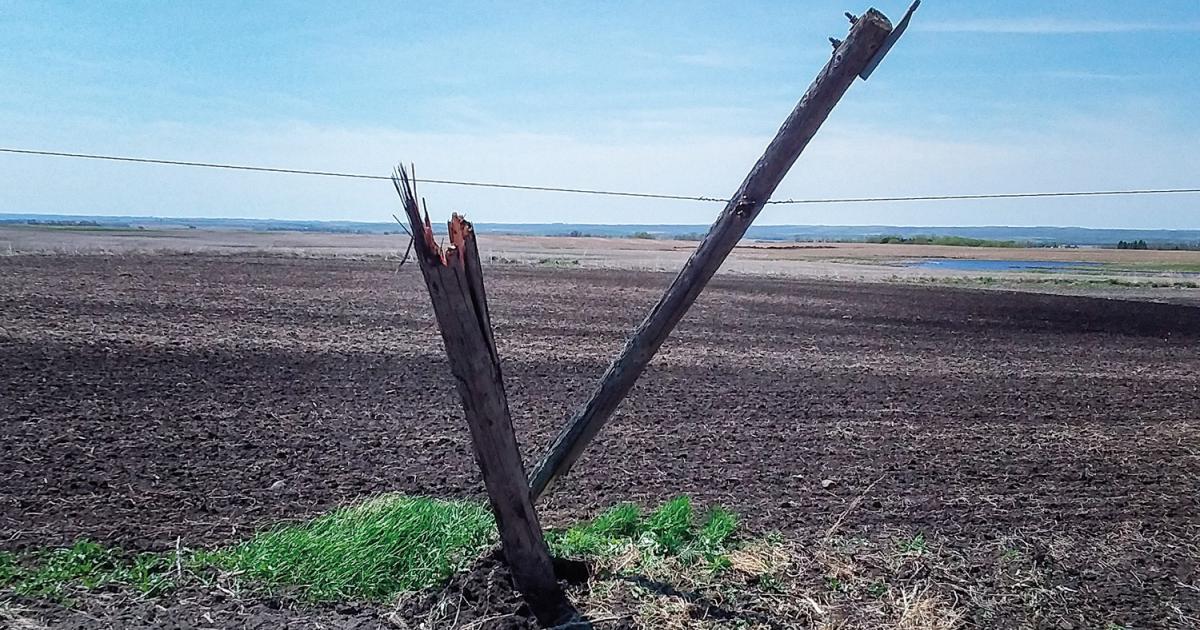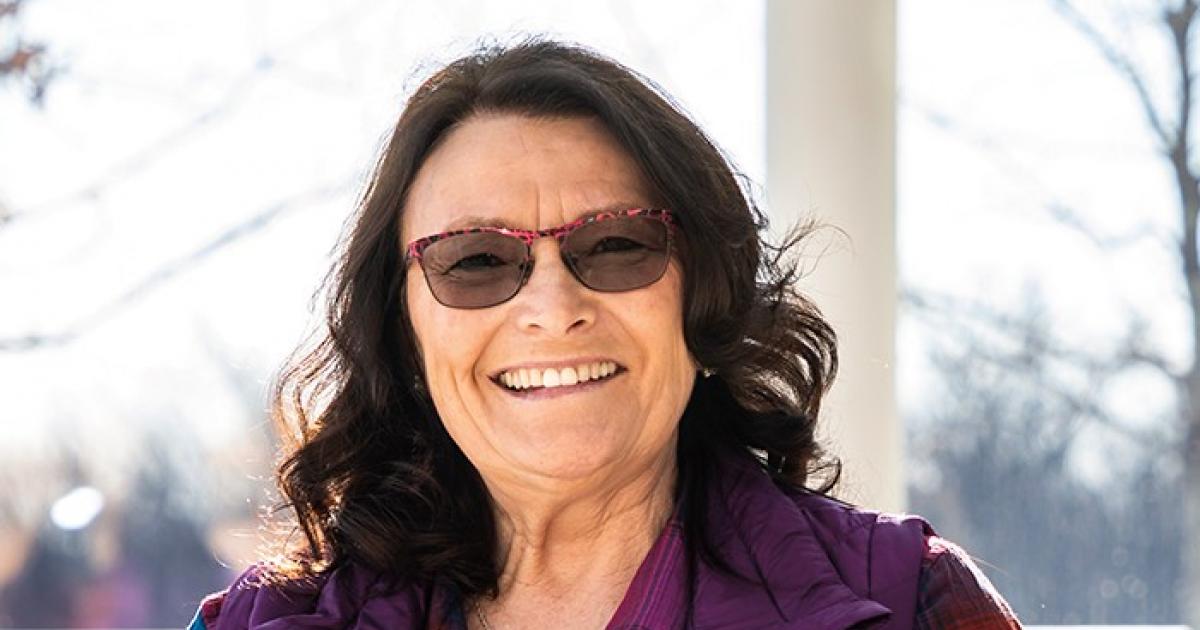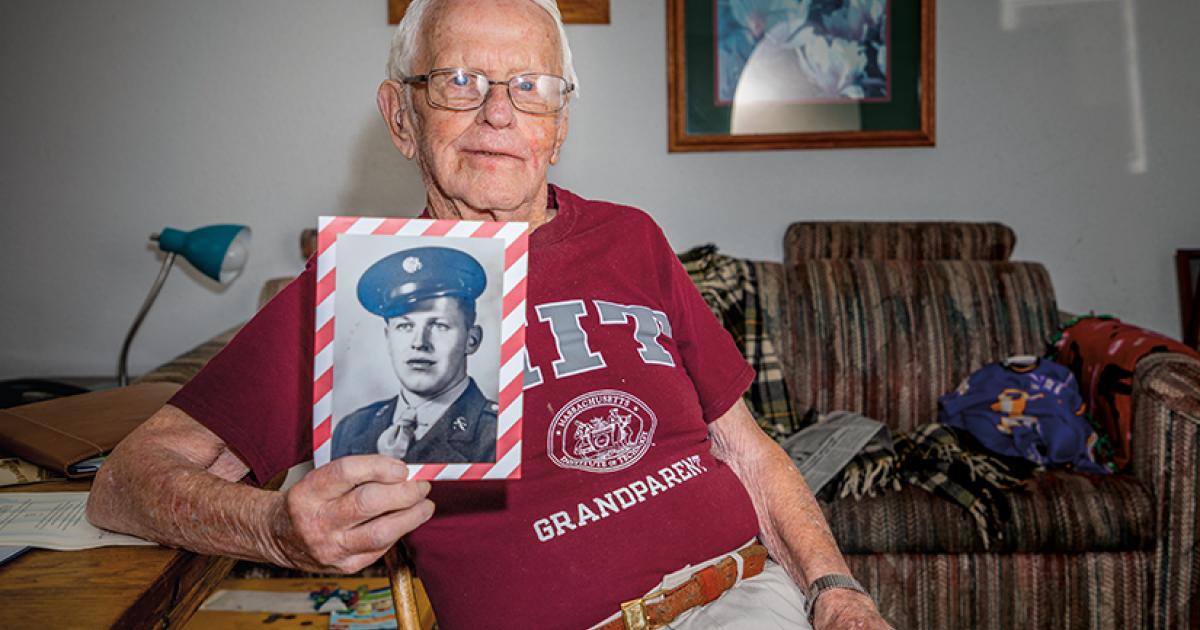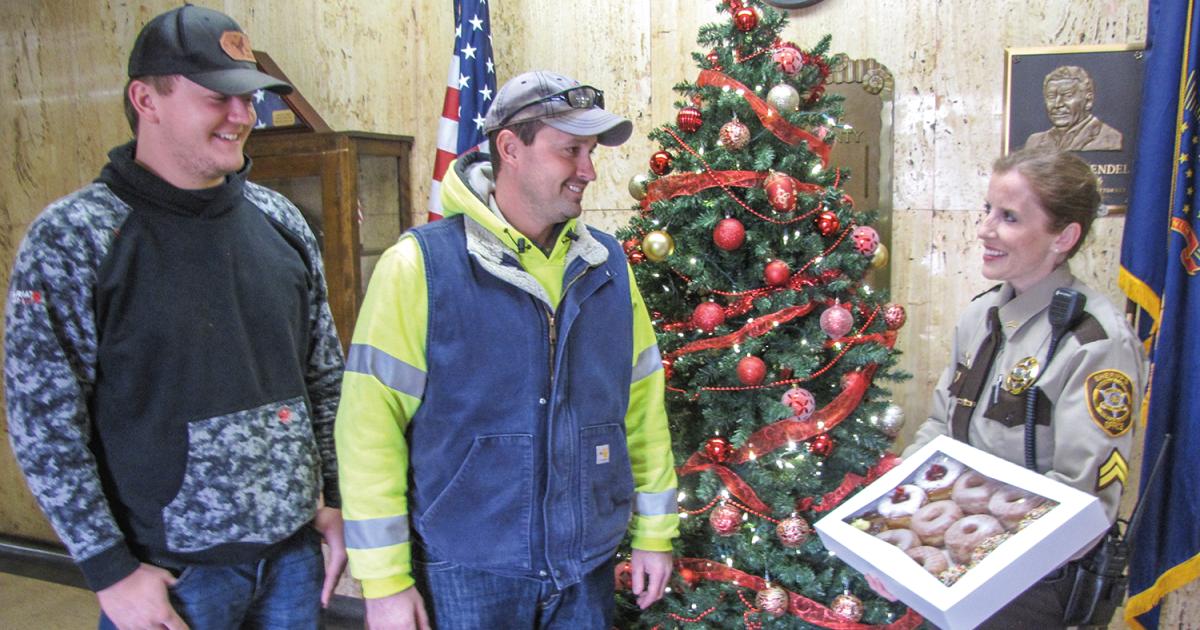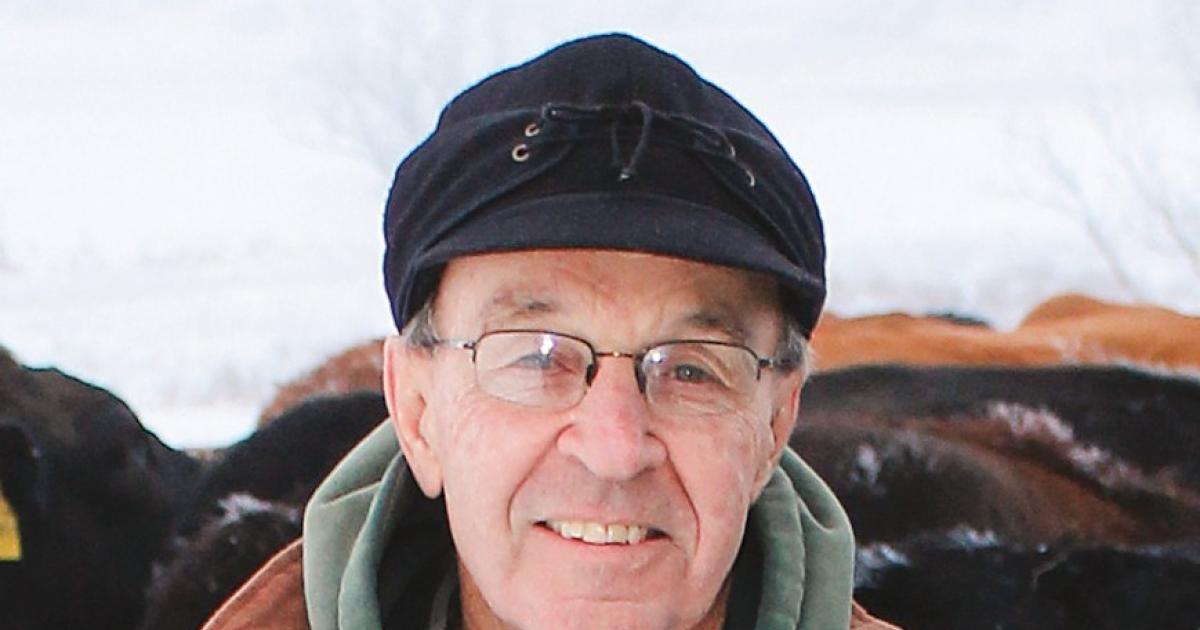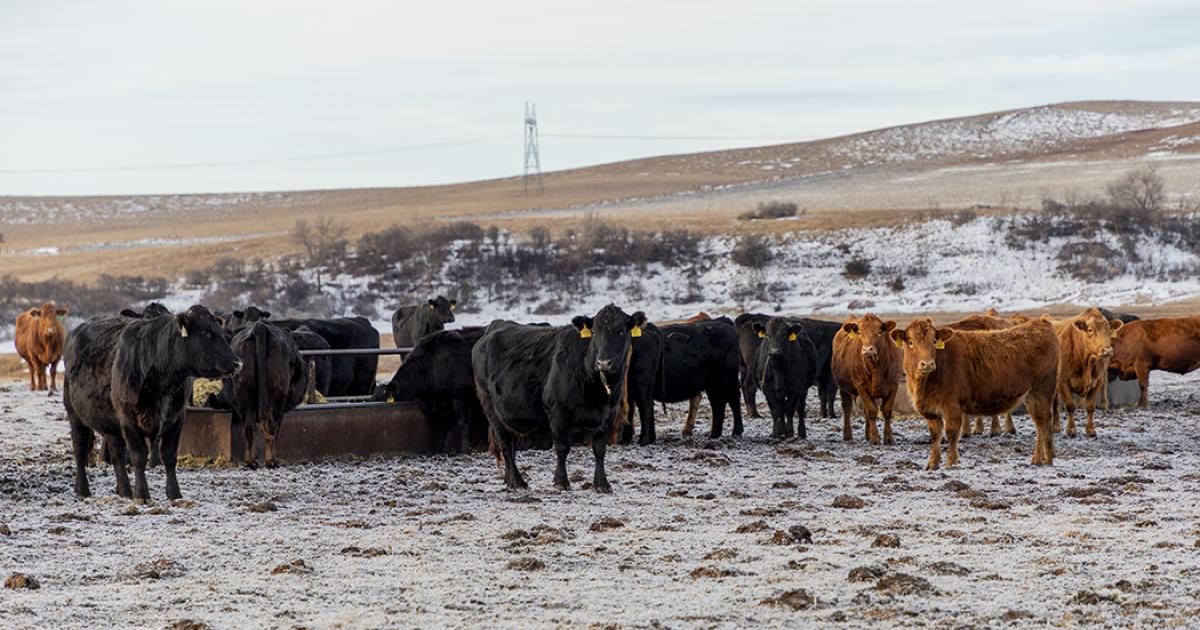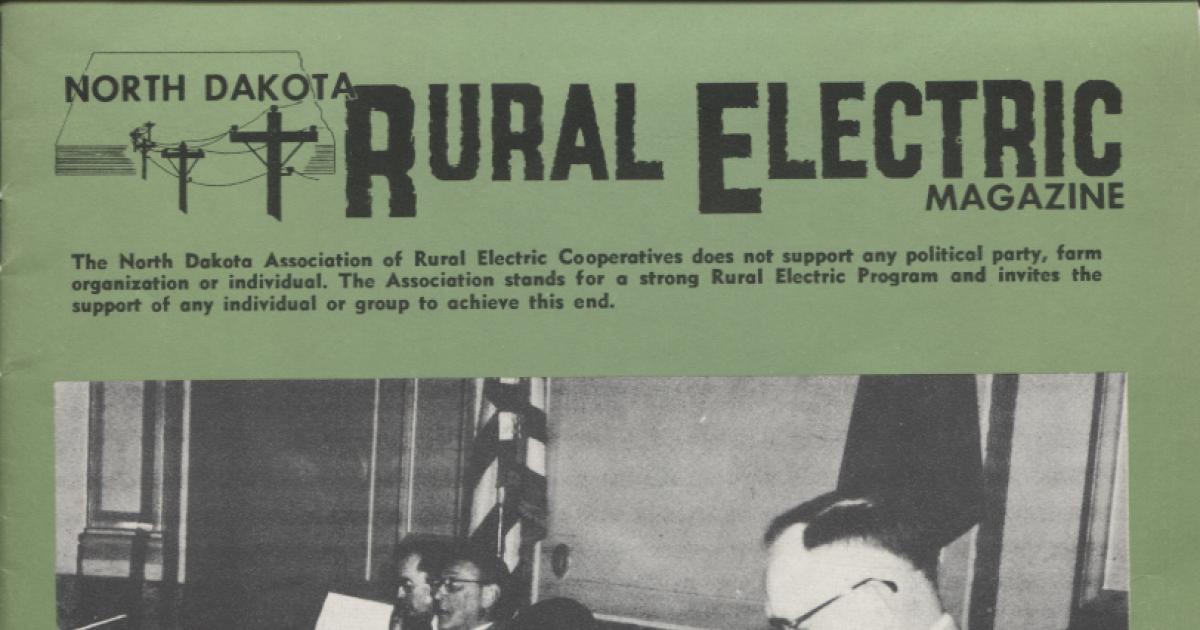Cally Peterson
The answer, in part, lies in the interconnectedness of the power grid, Kupper says. There are many links in the power supply chain that connect to generate and deliver power to electric consumers. Together, these links work in harmony to achieve a stable electric system – a sort of balancing act that requires electric generation supplying the grid be equal to electric demand, or the electricity coming off the grid. When this balance of power supply and demand is lost, the entire system is at risk of failure.
With the purchase of the farm came an inground swimming pool. It was one of two farmstead pools in the area, installed by the farm’s previous owner. With the raising of pigs came the stories.
A fence kept the Meier hogs maintained to an area of the farm. But as farmers and ranchers know, fences need fixing at times. The hogs broke out of the fence and ended up in the swimming pool!
FARM SAFETY
Rural electrification revolutionized farming. With it, of course, came poles, wires and an expanse of electrical infrastructure, naturally adding another component to farm safety. The National Safety Council lists agriculture as one of the two most hazardous occupations. Because of this, the Arths, like many farmers, prioritize safety.
“We are very safety conscious on our farm,” Mike says.
For North Dakota’s electric cooperatives, electrical safety on the farm is an important message to continually share.
“I’ve always tried to make things fun as best I can,” Deb says.
Fun meant the lunch line was always decked out for the holidays or changing seasons. Rabbit droppings disguised as Cocoa Puffs cereal littered the way to Deb’s office door around Easter. October brought a spooky thrill, with Halloween lights and themed menus that included “ogre fingers” and “eye of newt.” Her lunchroom Halloween spectacle even drew a TV news crew from Fargo one year.
And I mean talent. Both have earned individual national championships and are two-time state champion wrestlers. Their prowess on the mat – and in the classroom – has earned them full-ride, no-risk scholarships to the University of Michigan (Michigan), which runs a top NCAA Division 1 wrestling program in the Big Ten Conference.
“Oh, thank you so much. We so appreciate that,” Wilfried says.
You can hear the genuine gratitude in their voices. As we pass trophy cases lining the hall to the wrestling room, humility carries their gait.
MOUNTRAIL-WILLIAMS ELECTRIC COOPERATIVE
NDAREC President
▶ FAMILY | Wife, Helen. Four children and eight grandchildren.
▶ BOARD SERVICE | Mountrail-Williams Electric Cooperative board since 1981, currently vice president. NDAREC board since 1998, currently president.
▶ WHY I SERVE | I believe in the mission to improve the quality of life for every member through the delivery of electricity. It is so enjoyable to be involved with all the important issues we are involved with in our local communities and state.
“We are preparing for as many contingencies as possible,” Bjornson says.
Those legislative preparations and COVID-19 precautions have largely been pursued by Bjornson and Legislative Council staff at the direction of the Legislative Procedure and Arrangements Committee, chaired by Senate Majority Leader Rich Wardner. Interim committee work has spread the gamut, from pursuing technological improvements throughout the Legislature’s facilities to debating mask mandates.
“Clean-up is the hardest part about cooking!” says 10-year-old Adelyn “Addy” Boling.
(Agreed, Addy. Agreed!)
And based on the sheer volume of meals, recipes and cakes Addy has made, she’s done her fair share of dishes.
A fifth-grader in Miss McDonald’s class at Des Lacs-Burlington Elementary School, Addy plays volleyball, flute and ukulele, enjoys art and has become quite the chef.
“She’s been cooking since she was 4,” Addy’s mom and mother of four, Aftin Boling, says. “She’s always been my creative one.”
At 100 years old, Hunter still lives in the home he built decades ago, kitty-corner from the old Maddock Aggies school, now the high school. An American flag flies in his yard, near the parked car he still drives. Inside his home, the TV news hums in the background of his Solitaire game, which he does to “stay sharp.” A hallway bookshelf holds the Bible, Lutheran hymnals, Maddock history compilations and Webster’s New Students Dictionary. Adorning every possible space are pictures of his successful and well-educated family.


